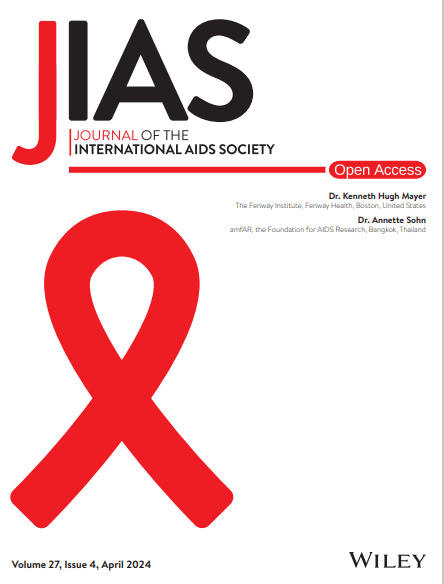Health challenges in the 21st century underscore the need for adaptable and innovative approaches in public health. Academic institutions can and should contribute much more effectively to generate and translate scientific knowledge that will result in better programmes to improve societal health. Academic accountability to local communities and society requires universities to actively engage with local communities, understanding the context, their needs, and leveraging their knowledge and local experience. The Programme Science initiative provides a framework to optimize the scale, quality and impact of public health programmes, by integrating diverse approaches during the iterative cycle of research and practice within the strategic planning, programme implementation and programme management and evaluation. We illustrate how the Programme Science framework could be a useful tool for academic institutions to accomplish accountability to local communities and society through the experience of Project HOPE in Peru.
Project HOPE applied the Programme Science framework to introduce HPV self-sampling into a women's health programme in Peru. Collaboration with local authorities and community members was pivotal in all phases of the project, ensuring interventions aligned with community needs and addressing social determinants of health. The HOPE Ladies—community women trained and empowered to promote and provide the HPV kits—crafted the messages used through the study and developed strategies to reach individuals and provided support to women's journey through health centres. By engaging communities in co-creating knowledge and addressing health inequities, academic institutions can generate contextually relevant and socially just scientific knowledge. The active participation of community women in Project HOPE was instrumental in improving service utilization and addressing barriers to self-sampling.
The Programme Science approach offers a pathway for academic institutions to enhance their accountability to communities and society at large. By embedding researchers within public health programmes and prioritizing community engagement, academic institutions can ensure that research findings directly inform policy improvements and programmatic decisions. However, achieving this requires a realignment of research agendas and recognition of the value of community engagement. Establishing Programme Science networks involving academia, government and funding entities can further reinforce academic accountability and enhance the impact of public health programmes.


